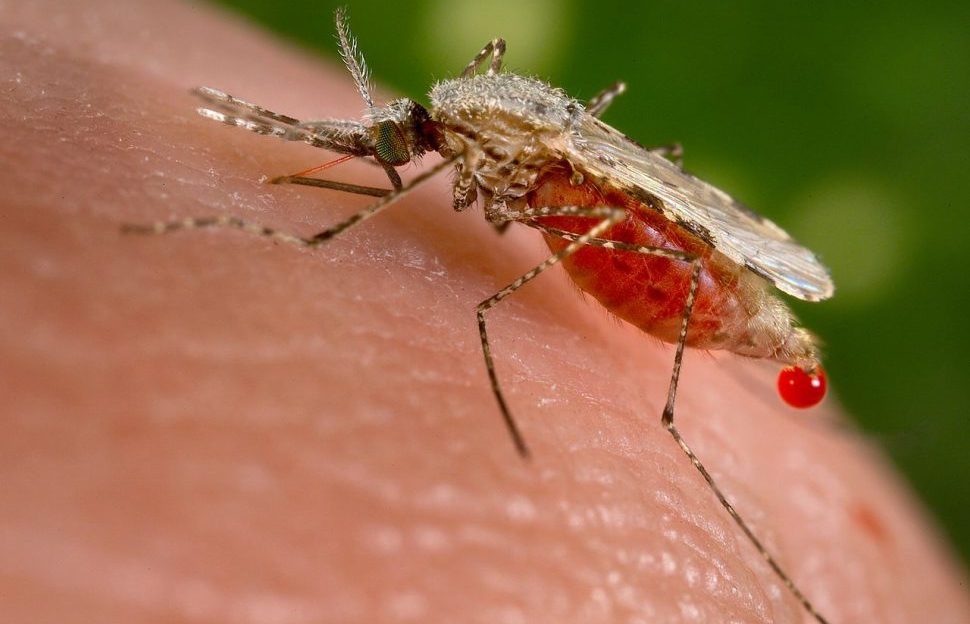BTN.com LiveBIG Staff, June 21, 2017
Mosquito nets are known to reduce deaths from mosquito-borne malaria, but as insects develop resistance to the insecticide used to treat the nets, scientists are looking at other options to fight a disease that killed more than 400,000 people in 2015 alone.
So researchers at Maryland set about solving this problem with a solution that?s one part genetic innovation on a Big Ten scale and one part description of a comic book villain:
A mosquito-killing fungus containing spider and scorpion toxins.
Not only does the fungus kill mosquitos, it also prevents them from feeding, which eliminates the spread of malaria through blood contact.
In describing the way the fungus works, the folks at UMD Right Now make it seem straight out of your average sci-fi/fantasy story:
When spores of the fungus come into contact with a mosquito?s body, the spores germinate and penetrate the insect?s exoskeleton, eventually killing the insect host from the inside out.
On its own, however, the fungus requires fairly high doses of spores and a large amount of time to have lethal effects. To boost the fungus? deadly power, the researchers engineered the fungus with several genes that express neurotoxins from spider and scorpion venom-both alone and in combination with other toxins.
In a detailed explanation of the sites targeted by the toxins, Raymond St. Leger, distinguished professor at the UMD Department of Entomology and senior author of the study, says this combination is able to overcome the mosquito?s resistance to insecticide by targeting different areas of the body.
The fungus is harmless to other insects as well as humans due to further genetic modifications made by the Maryland team, in collaboration with researchers from Burkina Faso, China and Australia.
Current tests have been limited to a laboratory-like greenhouse environment with additional field testing planned for the future.
No word on when to expect Marvel?s Fungus Toxin Man in a theater near you.
Incidentally, if the name Raymond St. Leger sounds familiar, you may remember him as the guy who?s studying how napping fruit flies help fend off diseases.







 See what's coming up live on B1G+ every day of the season at BigTenPlus.com.
See what's coming up live on B1G+ every day of the season at BigTenPlus.com. 